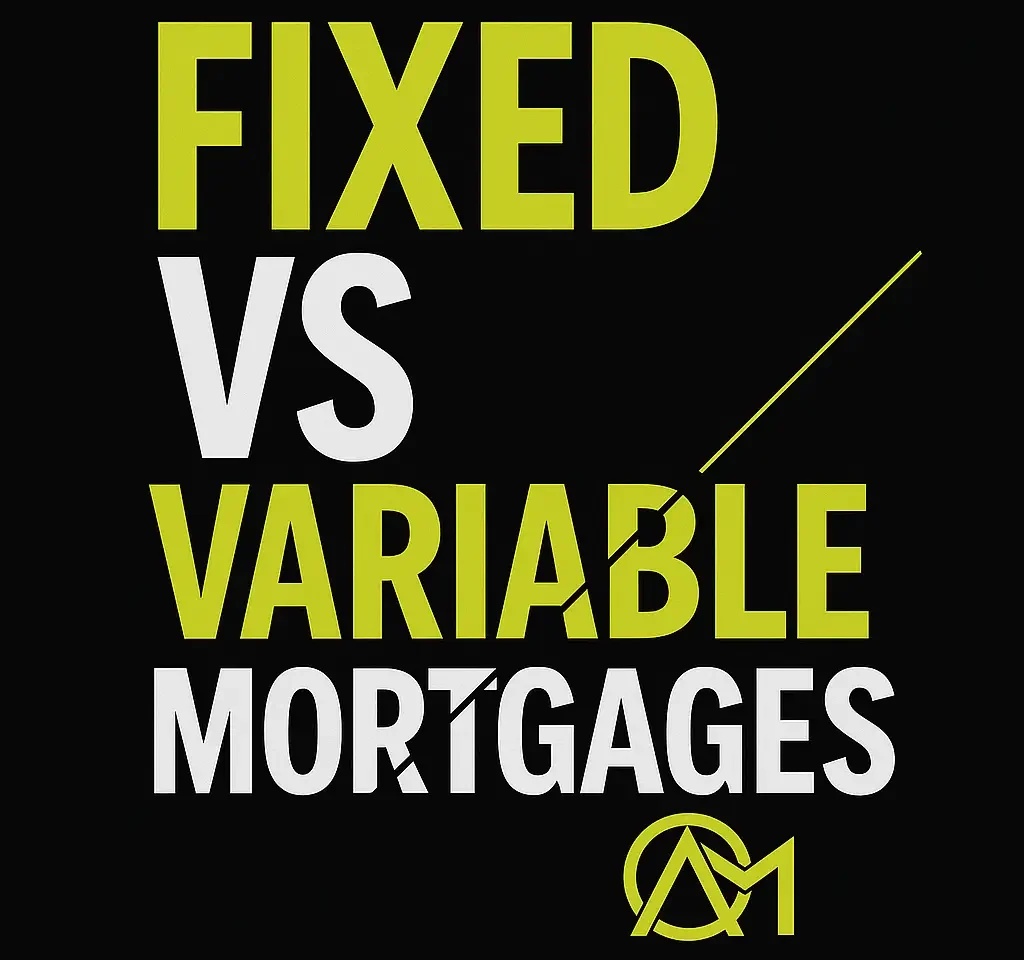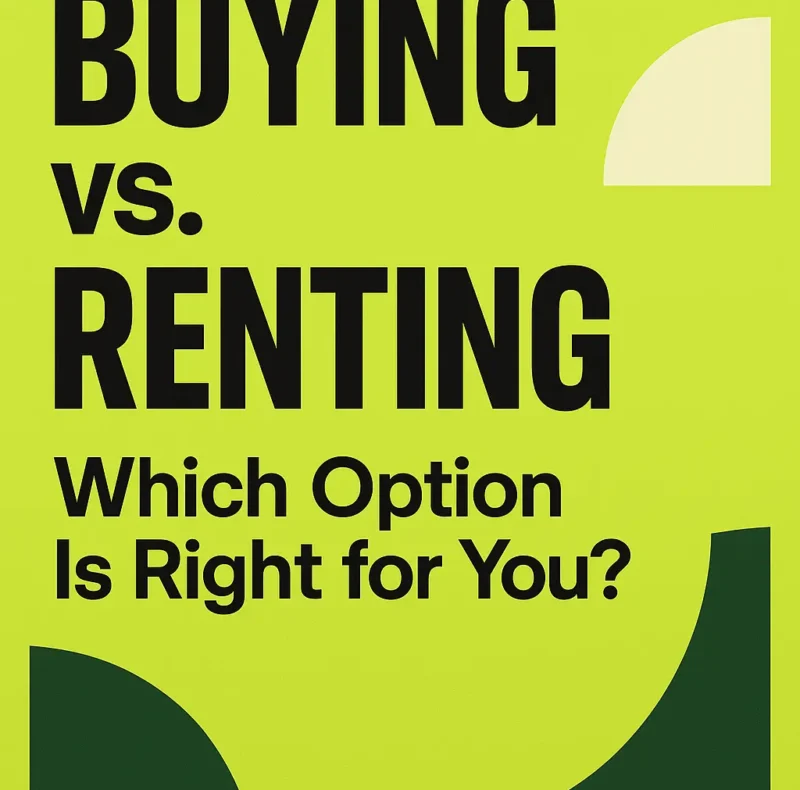Choosing Between Fixed and Variable Rate Mortgages: Essential Insights for Informed Homebuyers
When it comes to choosing the right mortgage, one of the most important decisions you’ll face is whether to go for a fixed-rate or variable-rate mortgage. Each option has its pros and cons, and understanding the differences can help you make a confident, informed choice that fits your lifestyle, budget, and future plans.
At Art of Mortgage, I’m here to explain things in simple terms—no jargon, just clear advice that helps you feel in control every step of the way.
What is a Fixed-Rate Mortgage?
A fixed-rate mortgage means your interest rate—and therefore your monthly payments—stay the same for a set period. This is often called the fixed-rate term, and it typically lasts between 2 and 10 years.
✅ Pros of Fixed-Rate Mortgages:
Peace of Mind: Your payments won’t change, no matter what happens to interest rates. Great for budgeting and planning ahead.
Protection from Increases: If the Bank of England base rate rises, you’re shielded from higher costs until your fixed term ends.
⚠️ Things to Keep in Mind:
May Start Higher: Fixed rates are often slightly higher than variable rates at the start—you’re paying for the security of knowing what you’ll pay.
Early Exit Costs: Leaving the deal early may come with fees (called early repayment charges), so flexibility is limited during the fixed term.
What is a Variable Rate Mortgage?
A variable rate mortgage means your interest rate can go up or down during the term. This type of mortgage usually tracks either the Bank of England base rate or your lender’s standard variable rate (SVR).
Types of Variable Mortgages:
Tracker Mortgage: Moves directly in line with the Bank of England base rate, plus a set margin.
Discount Mortgage: Offers a discount off your lender’s SVR for a fixed period (e.g. 2 years).
Standard Variable Rate (SVR): The lender’s default rate. It can go up or down at their discretion and is usually higher than other mortgage rates.
✅ Pros of Variable-Rate Mortgages:
Lower Starting Costs: Initial rates can be lower than fixed-rate deals.
More Flexibility: Many variable deals come with little to no early repayment charges, giving you more freedom to switch or overpay.
⚠️ Things to Keep in Mind:
Rate Changes: If interest rates rise, your payments will likely increase too.
Uncertainty: Monthly payments can fluctuate, making it harder to plan long-term if you’re on a tight budget.
Fixed or Variable—Which is Right for You?
There’s no one-size-fits-all answer. It really depends on your circumstances, risk tolerance, and financial goals.
Fixed-rate mortgages are great if you want predictable payments and stability.
Variable-rate mortgages may suit you if you’re comfortable with some risk and want the potential to save when rates are low.
Not sure what’s right for you? That’s where I come in. I’ll take the time to understand your situation and help you choose the most suitable option from the whole market.
Let’s Talk
Whether you’re a first-time buyer, remortgaging, or moving home, I’m here to guide you through every step with simple, personalised advice you can trust.
📩 Book your free initial consultation today and let’s make your mortgage journey smooth, clear, and stress-free.
Your home may be repossessed if you do not keep up repayments on your mortgage.




No comments
Be the first to comment.